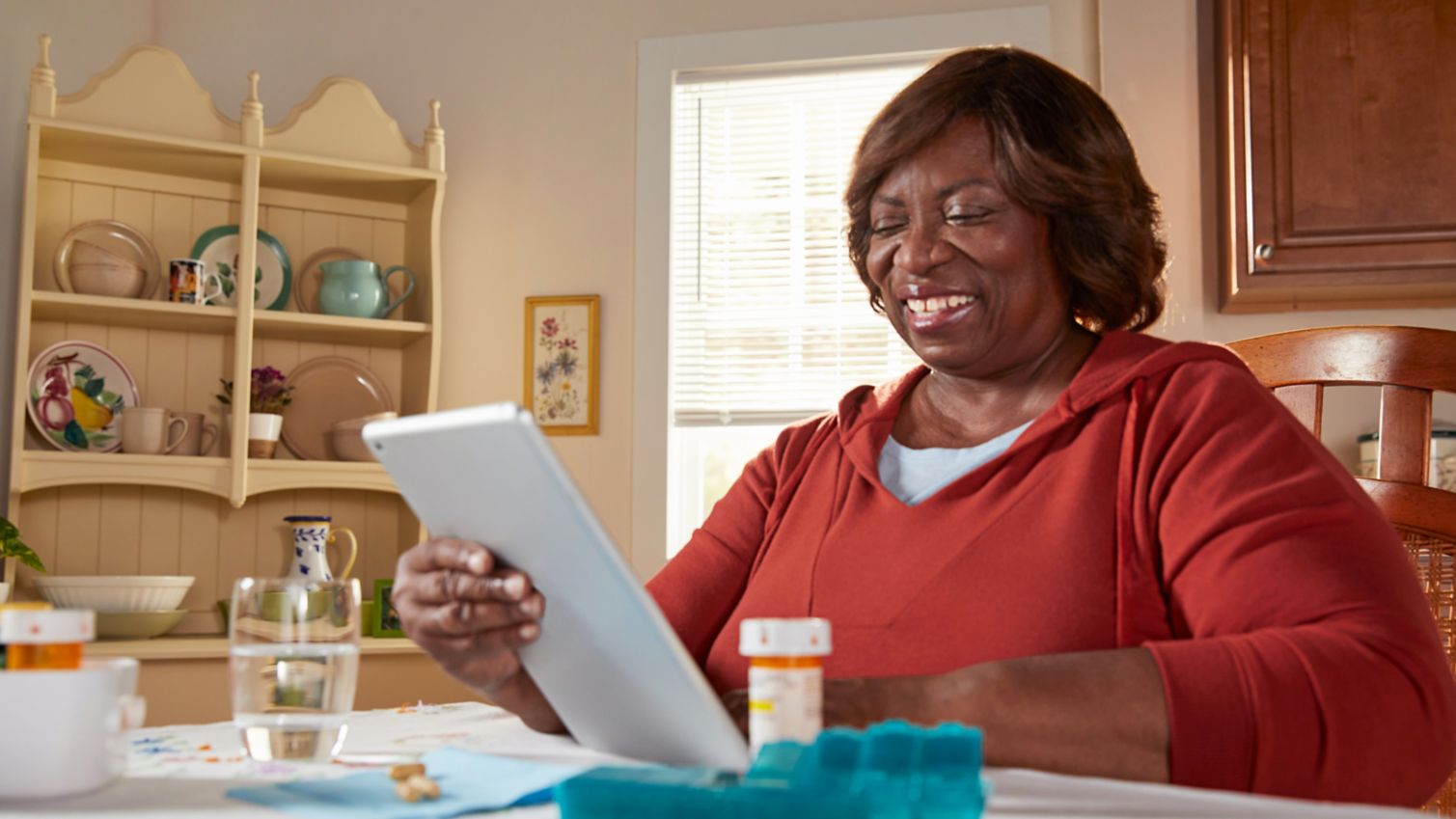Did you know that prescription drug prices in the U.S. are an average of 2.5 times higher than other Western countries?1 With this in mind, you might be wondering if switching to a generic drug is right for you. Let’s take a look at the differences between the generic and brand-name versions of prescription drugs.

Treatment options
Over-the-counter drugs

